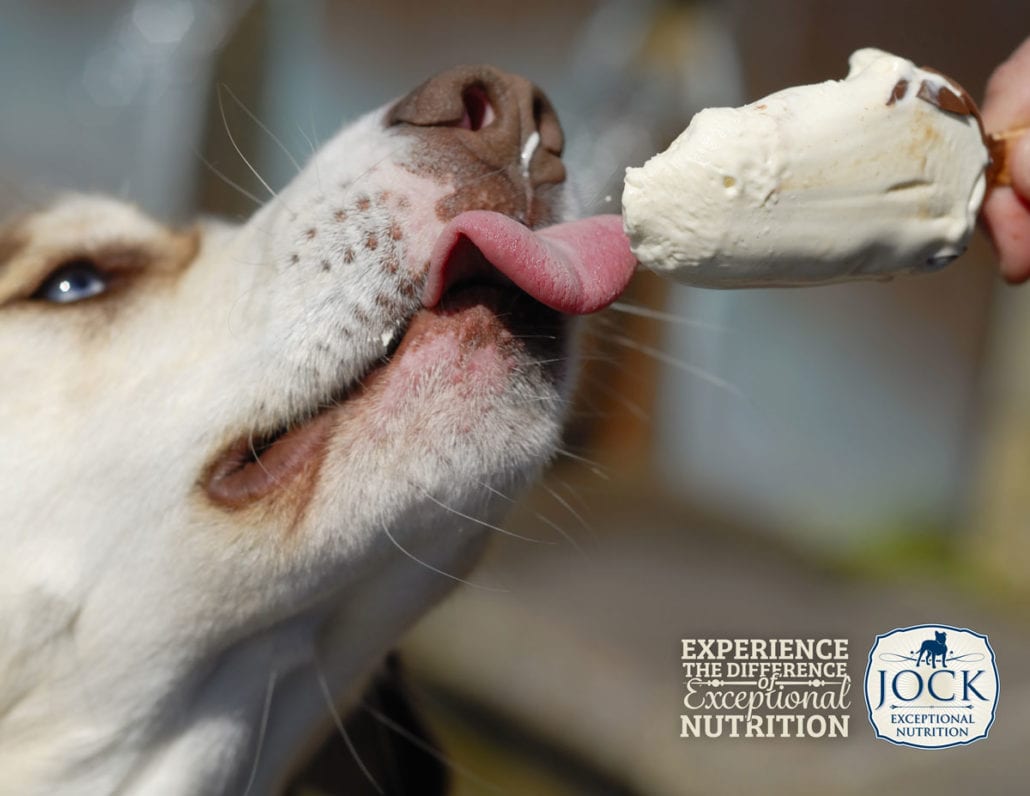All of us think that our homes are a safe haven for our families. But what might seem safe and harmless for family members on two legs, might not be for those on four legs. From certain foods to common household objects, you could be putting your dog at risk without even knowing it.
We spoke to our in-house veterinary expert, Louis Boag for a few everyday items you might not know are no good for your pooch.
Xylitol
While chocolate is a no-no for dogs, there’s another sweet sensation that could be even worse for them. Thanks to the popularity of sugar-free diets, xylitol, a sugar substitute, can now be found in many everyday food items, including chewing gum, baked goods, sweets, jams and even certain pharmaceuticals.
While it is completely harmless for human consumption, this sweetener can cause serious health problems in dogs and can even be fatal. Just 0.1g per 1kg is all that’s needed to cause xylitol toxicity, with symptoms including hypoglycaemia (low blood sugar) and even liver failure.
Grapes and raisins
Although the exact substance that causes grape and raisin toxicity is not yet known, the effects that these seemingly harmless foods can have on your dog are well documented. Some symptoms include vomiting, dehydration, inability to urinate or passing very little urine, which may be as a result of acute kidney failure.
Like with xylitol and chocolate, a very small amount of grapes or raisins is enough to cause serious health issues.
Nuts
While certain nuts, like peanuts, cashews and hazelnuts, don’t pose a danger to dogs at all, other varieties can be quite harmful. Almonds, for instance, are not easily digestible by dogs, which can lead to serious stomach and gastric intestinal issues.
Macadamia nuts, walnuts and pecans are even worse for your pooch, as they can lead to a variety of health problems, including seizures and even neurological symptoms.
Cockroach and ant bait stations
It’s not what’s inside the stations that should worry you; these insecticides are usually non-toxic to mammals or come in doses too low to pose a risk to your dog. The problem is the attractant used to lure insects inside the stations, which also works on your dog.
Chewing at the casing of the station to get to the attractant can result in your dog cutting its mouth or foreign bodies entering its digestive system. Ingested bits of plastic can also cause intestinal obstructions.
Garden plants
While plants can help brighten up your home or make for a lovely garden, some of them can cause your dog harm. Cycad palms, for instance, produce three different toxins and can cause severe liver failure and death when ingested.
Other plants that can cause your dog issues include aloe vera, begonias, carnations, ivy, tulip bulbs, morning glory, hydrangeas and lily of the valley. Do your research before heading to the nursery to ensure your gardening doesn’t inadvertently harm your dog.
Multivitamin supplements
Not only are these supplements formulated to only meet human requirements, they can also contain certain elements dogs should not ingest. These can include sweeteners like xylitol, synthetic vitamins like vitamin D, and iron. All of these can cause serious health issues in high doses, with iron linked to digestive system lining damage, as well as liver and kidney damage.
Vomiting, loss of appetite and listlessness are common signs that something is wrong. Should you suspect your dog might have ingested something it shouldn’t have, it is best to contact your vet immediately. They can best advise you on the course of action to take.

![2016_-May-Ask-the-expert-secondary-image[11]](https://5f7zezquczeb-u4371.pressidiumcdn.com/wp-content/uploads/2016/06/2016_-May-Ask-the-expert-secondary-image11-700x467.jpg)
